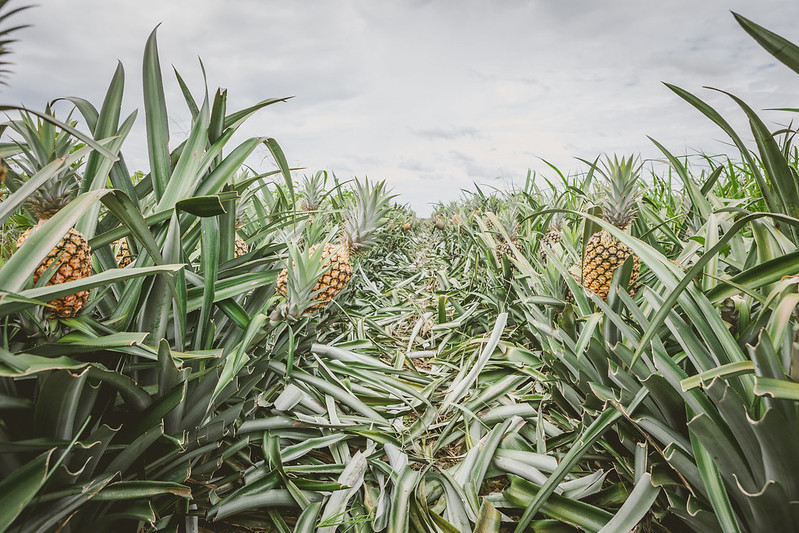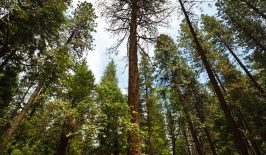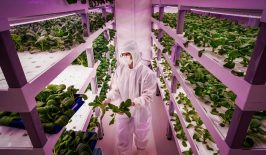A new EU-funded programme in universities in Latin America looks to empower local actors to develop innovative solutions for local climate change adaptation and mitigation.
Every year the European Commission funds activities in the fields of education, training, youth and sport through its Erasmus+ programme. One of the key focuses of this funding is to support cooperation for innovation and the exchange of good practices. By funding transnational knowledge alliances the aim is to strengthen Europe’s innovation capacity and foster innovation in higher education and business, develop new, innovative and multidisciplinary approaches to teaching and learning, stimulate entrepreneurship and entrepreneurial skills and facilitate the exchange, flow and co-creation of knowledge.
In 2020 an Erasmus+ grant will strengthen applied research and innovation capacities for mitigation and adaptation to climate change in Latin America with a new project called “Climate Labs”. Coordinated by the University of Caldas in Colombia, the project also involves a network of 12 other universities both in the region (including Brazil, Colombia and Mexico) and in Europe (including Spain, France and Italy), with Ashoka as a non-academic expert partner. The project seeks to build interdisciplinary and multi-stakeholder labs that will apply new research and innovation on climate change in the territories that the partners are based in.
Although Latin American and the Caribbean region are responsible for relatively low amounts of greenhouse gas emissions – currently only around 9% of global emissions – the region is highly vulnerable to the effects of climate change. Already prone to extreme weather phenomena, even minor climate changes could have a devastating impact, while the region’s low-sitting islands and long coastlines also make it particularly sensitive to rises in water levels and flooding. Numerous studies have shown that over 50% of the region’s population live in places with “high or extreme climate vulnerability risks.” These risks include changes in crop and harvest cycles, damage to infrastructure and also human losses caused by natural disasters.
However, Latin America also has huge potential to be part of both a regional and global solution to climate change: by protecting and regenerating its natural assets, such as its rainforests and deserts, by placing caps on deforestation and replanting depleted forests, as well as improving energy-efficiency and investing in renewable energy projects.
Climate Changes Affecting Agriculture in Latin America
Unsustainable development patterns and the resulting climate changes in Latin America render the agricultural sector, among other sectors, highly vulnerable. Colombian project participants named the reduction in irrigation sources, soil degradation, loss of organic matter on the slopes of the Andes, differences in the distribution of pests and diseases, increases in production costs and crop loss as some of the compounding challenges to the agricultural sector. Participants from the Mexican university, “Tec de Monterrey” in the highly agricultural region of Jalisco also noted their lack of monitoring systems of the carbon footprint of the agri-food production sector. In Brazil, although the participating universities are not from the same region and thus are not facing the same problems in agriculture, they hope to strengthen their relationships and ability to tackle large problems in Brazil such as air pollution and natural disasters caused by extreme weather conditions.
The climate challenges and possible solutions in each country are unique to the local geographies and institutions. However, working internationally can provide the actors with important resources for innovation. The universities in this project will increase their capacities for applying research and prototyping climate technologies and solutions. Through the project they hope to serve as an important link between the food production sectors and the government and to strengthen institutional capacities and climate culture.
What is a Climate Lab?
Climate Labs are multi-stakeholder and inter-disciplinary co-creation centres for applying climate research and institutionalizing climate innovations at the local level. Within three years, the project hopes to train academics, students and staff members in Latin America to form “changemaker” teams. Ashoka coined the word changemaker in 1981 and has since developed a global movement to show that anyone, anywhere, can take action to solve a social problem in their community.
In the implementation of the Climate Labs, each university will implement a pilot project, connect with relevant international networks and other national institutions, build the physical and virtual laboratory infrastructure and develop strategies for the sustainability and scalability of the project. Universities are the main actors of the project because they can combine different types of localized research on climate change adaptation and mitigation, and also connect between disciplines and different territories facing similar challenges. Ultimately the project seeks to build strong and connected areas of innovation and applied research within universities in order to strengthen the partner countries’ capacities and strategies to mitigate and adapt to climate change.
“One of the main components of the project is to ignite the power of university networks so that universities can, in a way, be the vehicle or the communication channel of solutions between cities and territories,” commented Waldo Soto, part of the Ashoka team and a coordinator for the Climate Labs project. “There is a broad consensus that effective climate change solutions can come from local communities and actors. The most sustainable answer is to ignite community power by going to the local level, to daily life, and activating people to arrive at solutions.”
For those organizations interested in applying for an Erasmus+ grant, the next call for proposals will be open until February 2020.






